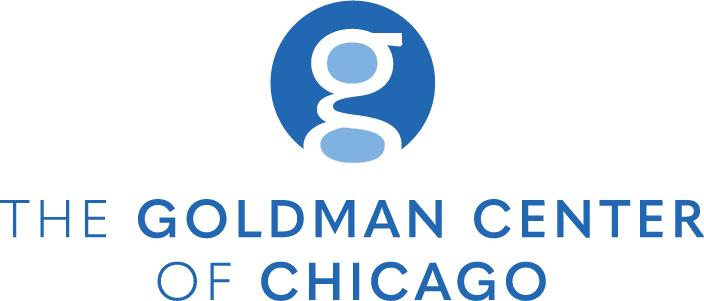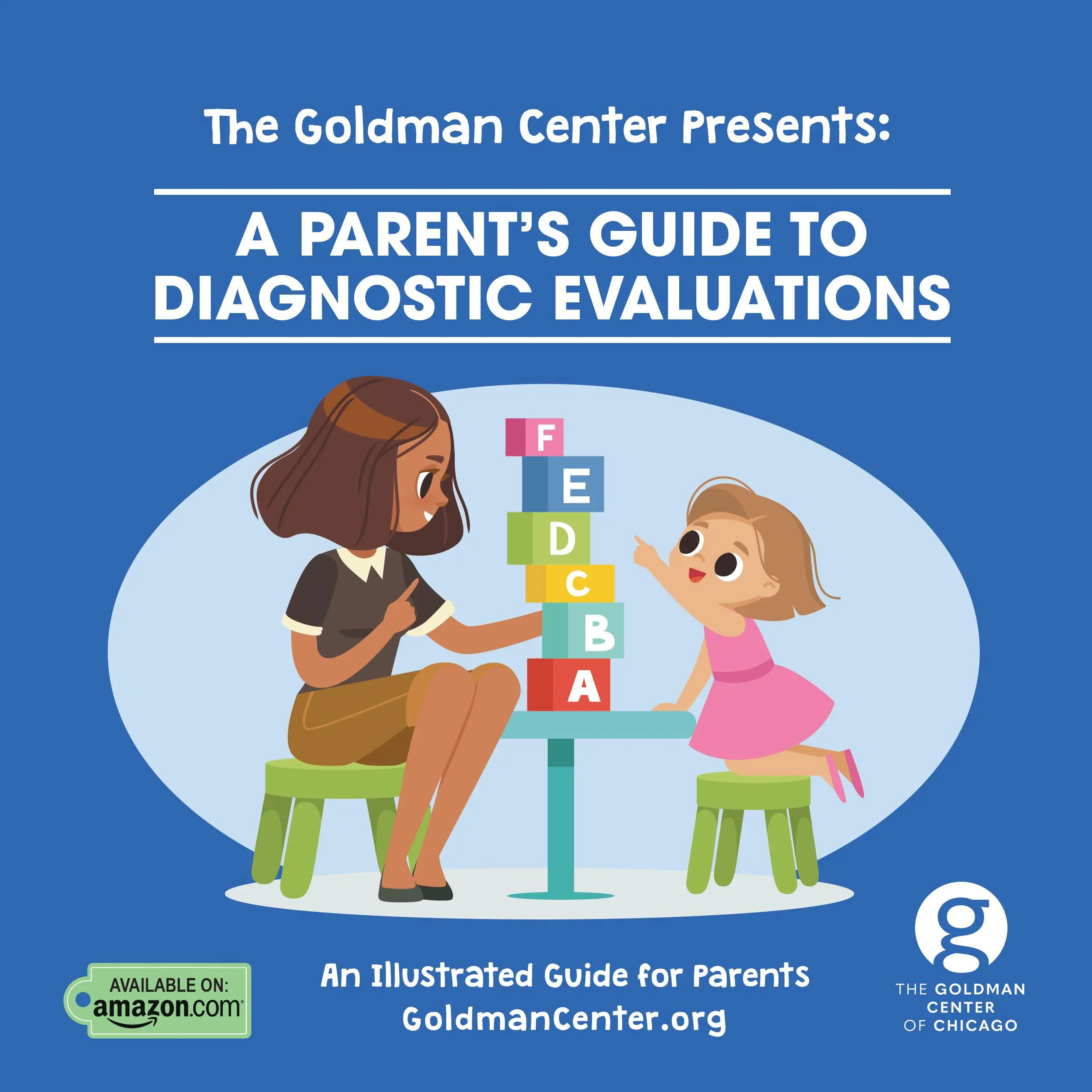As a parent, it’s natural to have concerns about your child’s development. You may have noticed differences in how they communicate, learn, or behave, and you may wonder if a deeper evaluation could provide some answers. A diagnostic evaluation is an essential first step to understanding your child’s unique needs, whether related to developmental delays, autism spectrum disorder (ASD), attention-deficit/hyperactivity disorder (ADHD), or other conditions. This guide will walk you through the process, what to expect, and how diagnostic evaluations can open doors to the right support for your child.
What is a Diagnostic Evaluation?
A diagnostic evaluation is a comprehensive assessment designed to identify developmental, emotional, or behavioral concerns in children. It involves gathering information from various sources, including parents, teachers, and health professionals, to get a complete picture of the child’s strengths, challenges, and potential diagnoses.
At The Goldman Center of Chicago, our team of experienced psychologists and therapists use a range of tools and methods to assess cognitive, emotional, and social development. These evaluations help us develop a tailored plan that best supports your child’s growth.
When Should You Consider a Diagnostic Evaluation?
Parents often wonder when the right time is to seek a diagnostic evaluation. If you observe any of the following behaviors or challenges, it may be time to explore this option:
- Delayed Speech or Communication Skills: If your child isn’t meeting typical milestones, such as speaking in full sentences by age 3 or struggling to express themselves.
- Social Challenges: Difficulty interacting with peers, forming friendships, or engaging in typical social exchanges.
- Behavioral Issues: Repetitive behaviors, extreme meltdowns, or difficulty adjusting to changes in routine may signal underlying developmental differences.
- Academic Struggles: If your child has persistent difficulty focusing, staying organized, or keeping up with schoolwork, a learning disability or ADHD may be a factor.
- Emotional Regulation: Difficulty managing emotions or responding to situations in an age-appropriate way.
What Happens During a Diagnostic Evaluation?
Each evaluation is tailored to the specific concerns you have for your child. Here’s what you can expect during the process:
Initial Consultation
Your first step will be a detailed consultation with one of our psychologists to discuss your child’s history, behavior, and any concerns you have noticed. This will help guide the type of evaluation needed and the areas of focus during testing.
Testing Sessions
The evaluation typically consists of several sessions, depending on the age of your child and the areas being assessed. These sessions may involve:
- Observational Play: Younger children may be evaluated through structured play sessions where therapists observe social interactions, communication, and problem-solving skills.
- Standardized Testing: Cognitive assessments, language evaluations, and behavioral assessments are often part of the process. These tests help measure how your child thinks, learns, and processes information.
- Parent and Teacher Questionnaires: Your insight as a parent is invaluable. You may be asked to fill out questionnaires regarding your child’s development, behavior, and social interactions. If applicable, we may also collect information from your child’s teacher.
Clinical Interviews
In addition to testing, clinicians often conduct interviews with parents and sometimes with the child (depending on age) to gather further insights into their development and emotional well-being.
Review of Medical and Educational History
The evaluation process also considers your child’s medical history and educational background. This holistic approach ensures that any potential medical or learning-related issues are thoroughly explored.
What Happens After the Evaluation?
Once the evaluation is complete, we’ll meet with you to review the findings and discuss a diagnosis if applicable. But the evaluation is only the first step—our goal is to provide you with a roadmap to support your child’s development.
Comprehensive Report
You will receive a detailed report summarizing the results of the evaluation, including any diagnoses and specific recommendations for interventions or services. This report may also include strategies you can use at home or school to help your child thrive.
Next Steps and Recommendations
We provide clear, actionable recommendations that may include:
- Therapies and Interventions: These could range from speech and occupational therapy to applied behavior analysis (ABA) therapy, depending on your child’s needs.
- Educational Accommodations: If your child has learning challenges, we can provide guidance on how to advocate for the appropriate supports in school, such as an Individualized Education Plan (IEP) or 504 plan.
- Ongoing Support: Diagnostic evaluations are not one-time events. They often lead to long-term relationships with providers who will track your child’s progress, reassess their needs, and adjust interventions as necessary.
How Do Diagnostic Evaluations Benefit Your Child?
Early identification of developmental concerns allows for earlier intervention, which can have a profound impact on your child’s long-term success. Here’s how:
- Tailored Interventions: Knowing your child’s specific needs helps create targeted therapies and educational plans that support their unique development.
- Empowerment for Parents: Understanding your child’s diagnosis gives you the knowledge and resources to advocate for them in school and healthcare settings.
- Access to Services: A formal diagnosis often opens doors to critical services such as specialized therapy, financial support, or educational accommodations.
Common Diagnoses from Diagnostic Evaluations
At The Goldman Center of Chicago, we conduct evaluations for a wide range of developmental, behavioral, and emotional concerns. Common diagnoses include:
- Autism Spectrum Disorder (ASD): A developmental disorder affecting communication, behavior, and social interactions.
- ADHD: A common neurodevelopmental disorder characterized by difficulties with focus, hyperactivity, and impulsivity.
- Learning Disabilities: Including dyslexia, dyscalculia, and other challenges that impact academic achievement.
- Anxiety and Mood Disorders: Some evaluations identify underlying emotional challenges such as anxiety, depression, or mood dysregulation.
How to Prepare Your Child for a Diagnostic Evaluation
Preparing your child for a diagnostic evaluation is important to ensure they feel comfortable and understand what to expect. Here are some tips:
- Explain in Simple Terms: Depending on their age, explain that they’ll be doing activities that help adults understand how they think and learn.
- Keep it Positive: Reassure your child that the evaluation is not a test they can fail, but rather a way to help them.
- Provide Reassurance: Many children feel nervous about meeting new people. Let them know the evaluators are friendly and there to help.
Why Choose The Goldman Center of Chicago for Your Child’s Evaluation?
At The Goldman Center of Chicago, we are dedicated to providing compassionate, thorough, and evidence-based diagnostic evaluations. Our expert team understands that every child is unique, and we approach each evaluation with care and respect. Our collaborative approach ensures that you, as a parent, are involved in every step of the process.
Whether you’re seeking answers for your child’s developmental delays or behavioral challenges, we are here to provide clarity and a path forward.
Final Thoughts
A diagnostic evaluation is a powerful tool in understanding your child’s unique needs and laying the foundation for tailored support. If you have concerns about your child’s development, seeking an evaluation is a proactive step toward unlocking their full potential. At The Goldman Center of Chicago, we are committed to guiding you through every step of the process with expert care and support.






